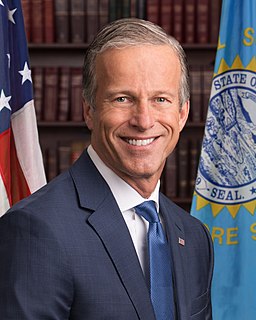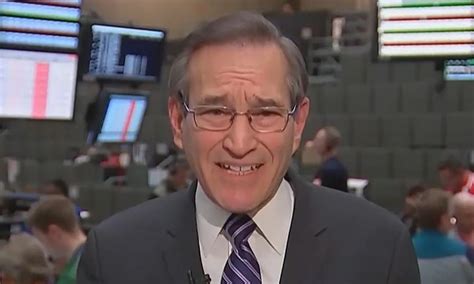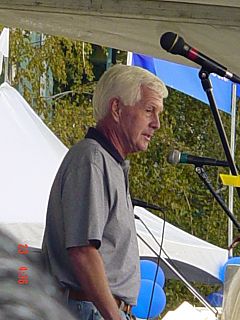A Quote by Ben Bernanke
To minimize market uncertainty and achieve the maximum effect of its policies, the Federal Reserve is committed to providing the public as much information as possible about the uses of its balance sheet, plans regarding future uses of its balance sheet, and the criteria on which the relevant decisions are based.
Related Quotes
I have a very, very great balance sheet, so great that when I did the Old Post Office on Pennsylvania Avenue, the United States government, because of my balance sheet, which they actually know very well, chose me to do the Old Post Office, between the White House and Congress, chose me to do the Old Post Office.
There's no automatic mechanism in a market system that reconciles the desire to save and the desire to invest. And therefore, the government has to sort of do something or the Federal Reserve, the Fed, or the Central Bank, or whatever, it has to intervene. It has to create enough investment for the economy not to suffer from a fall in aggregate demand. So, if you don't have a balance within the market system itself, then you need an external balance and that's what I think Keynes believed.

































